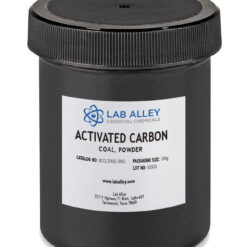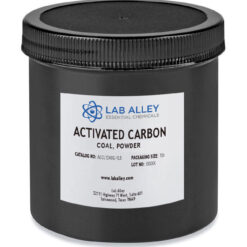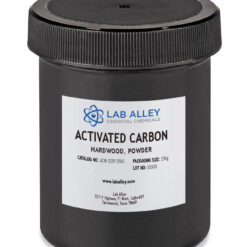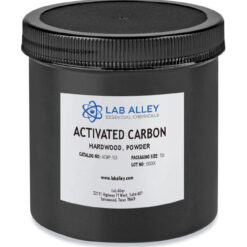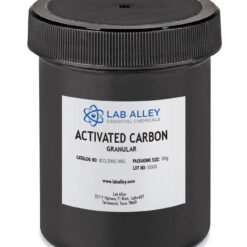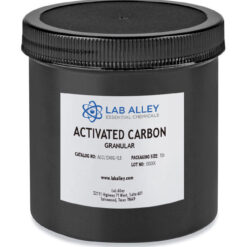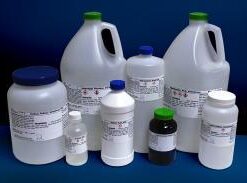Activated carbon, also called activated charcoal, is a form of carbon commonly used to filter contaminants from water and air, among many other uses.
It is processed (activated) to have small, low-volume pores that greatly increase the surface area available for adsorption or chemical reactions, which can be thought of as a microscopic “sponge” structure.
(Adsorption, not to be confused with absorption, is a process where atoms or molecules adhere to a surface.).
Activation is analogous to making popcorn from dried corn kernels: popcorn is light, fluffy, and its kernels have a high surface-area-to-volume ratio. Activated is sometimes replaced by active.
Activated charcoal is a fine, odorless, black powder often used in emergency rooms to treat overdoses. Some other potential benefits include :
- reducing flatulence,
- promoting kidney health,
- lowering cholesterol levels.
- Superheating natural sources of carbon, such as wood, produces activated charcoal.
Activated Charcoal
Activated Charcoal
Activated Charcoal
Activated Charcoal

